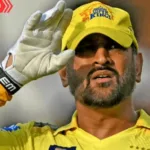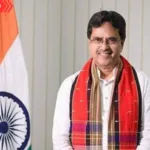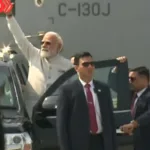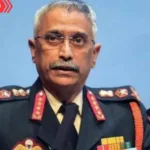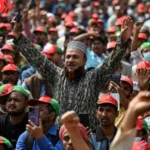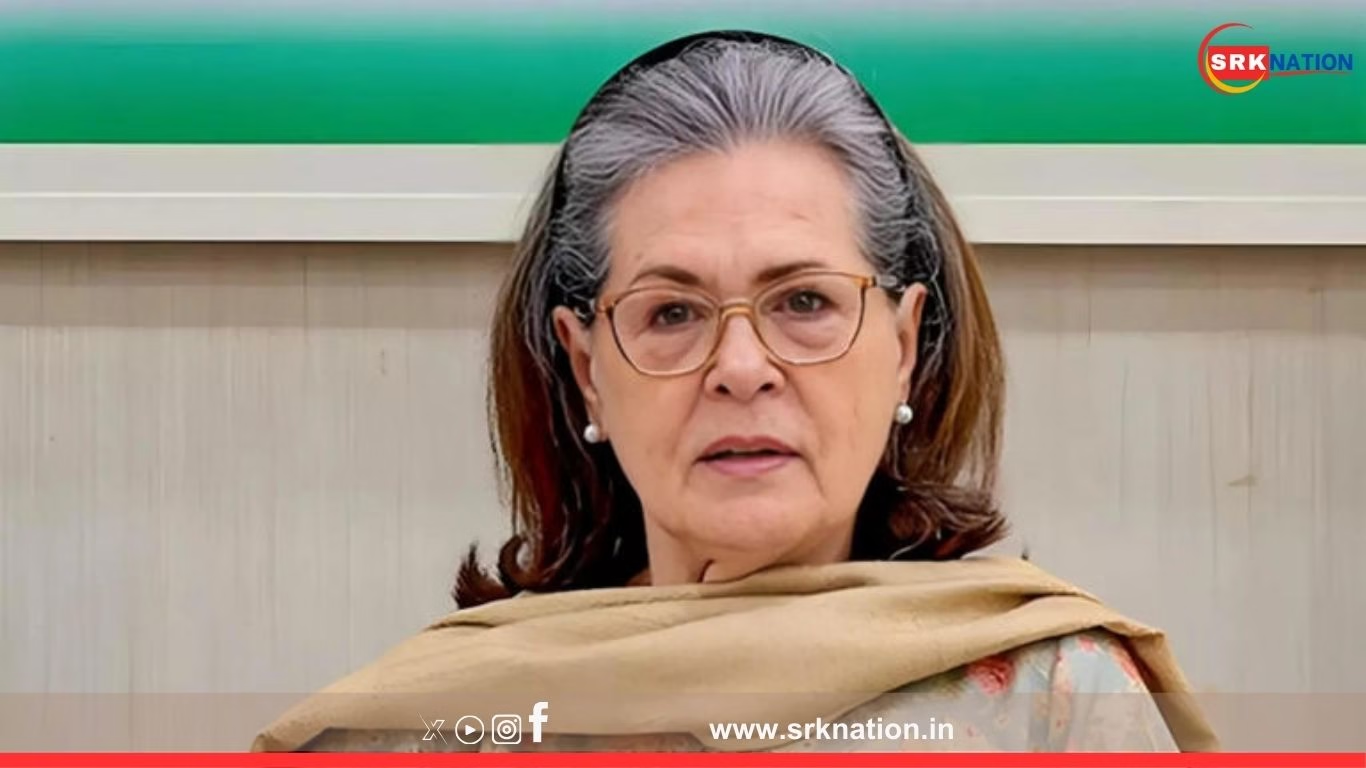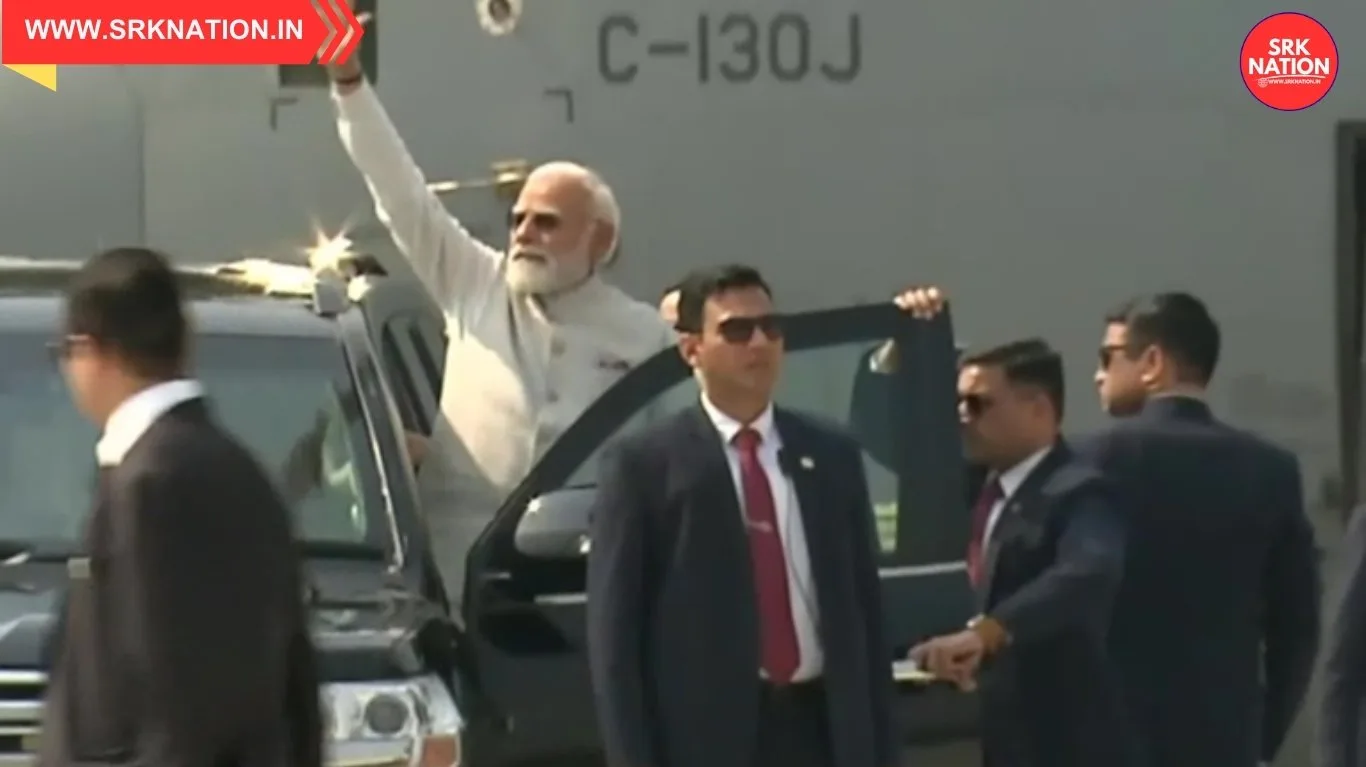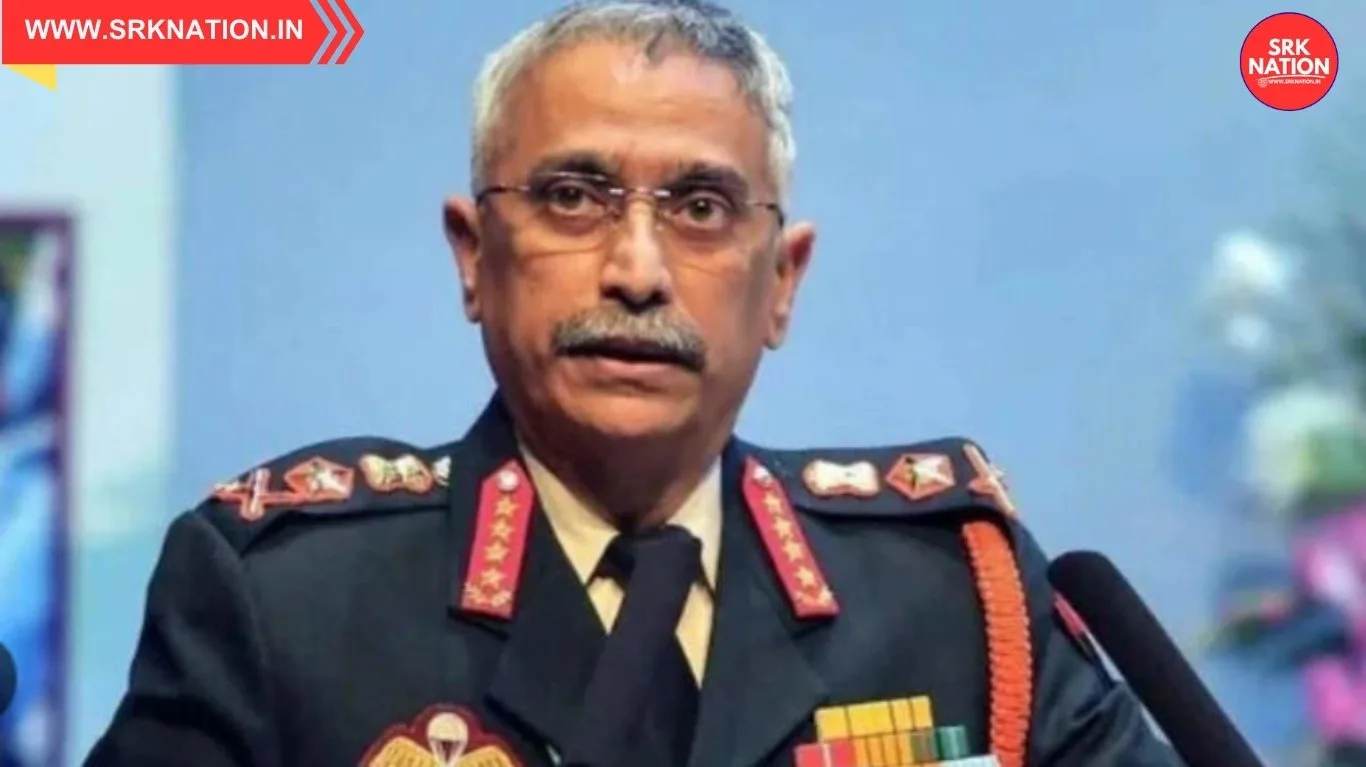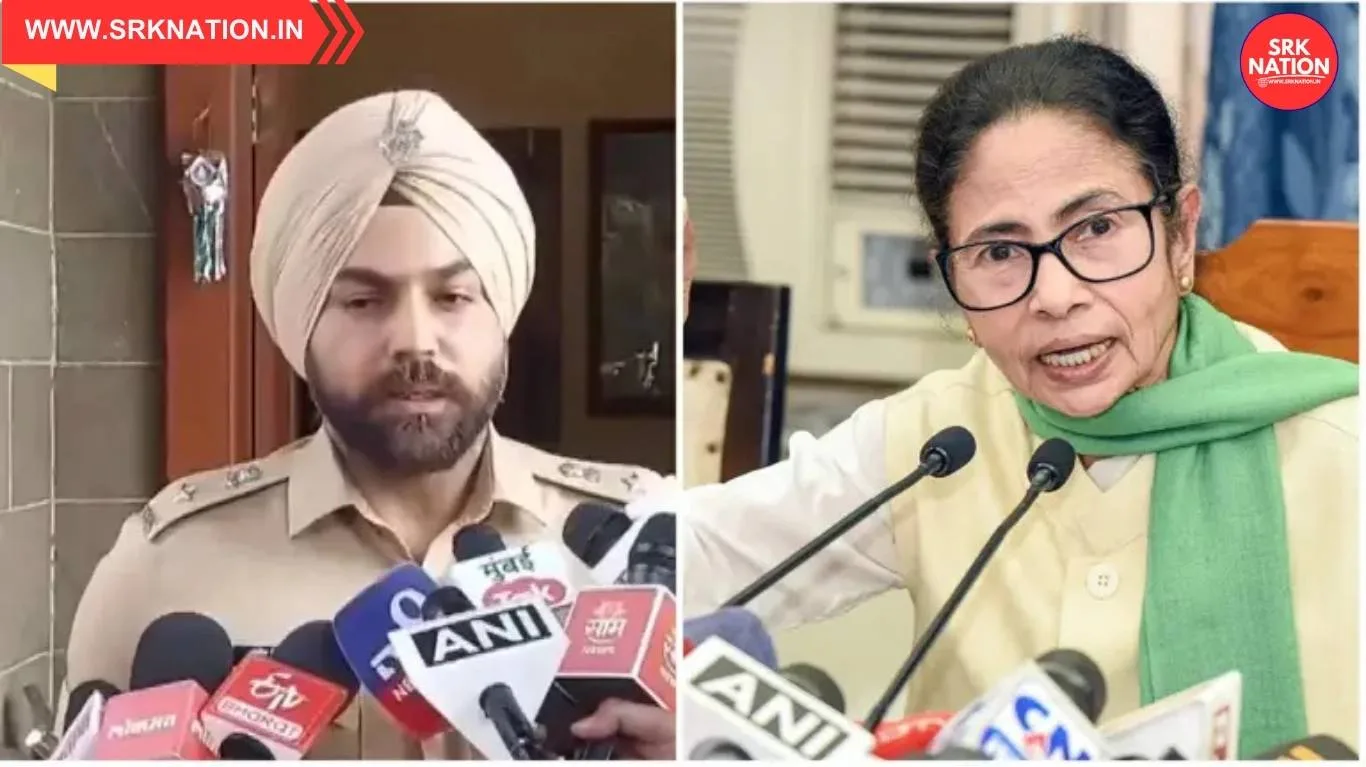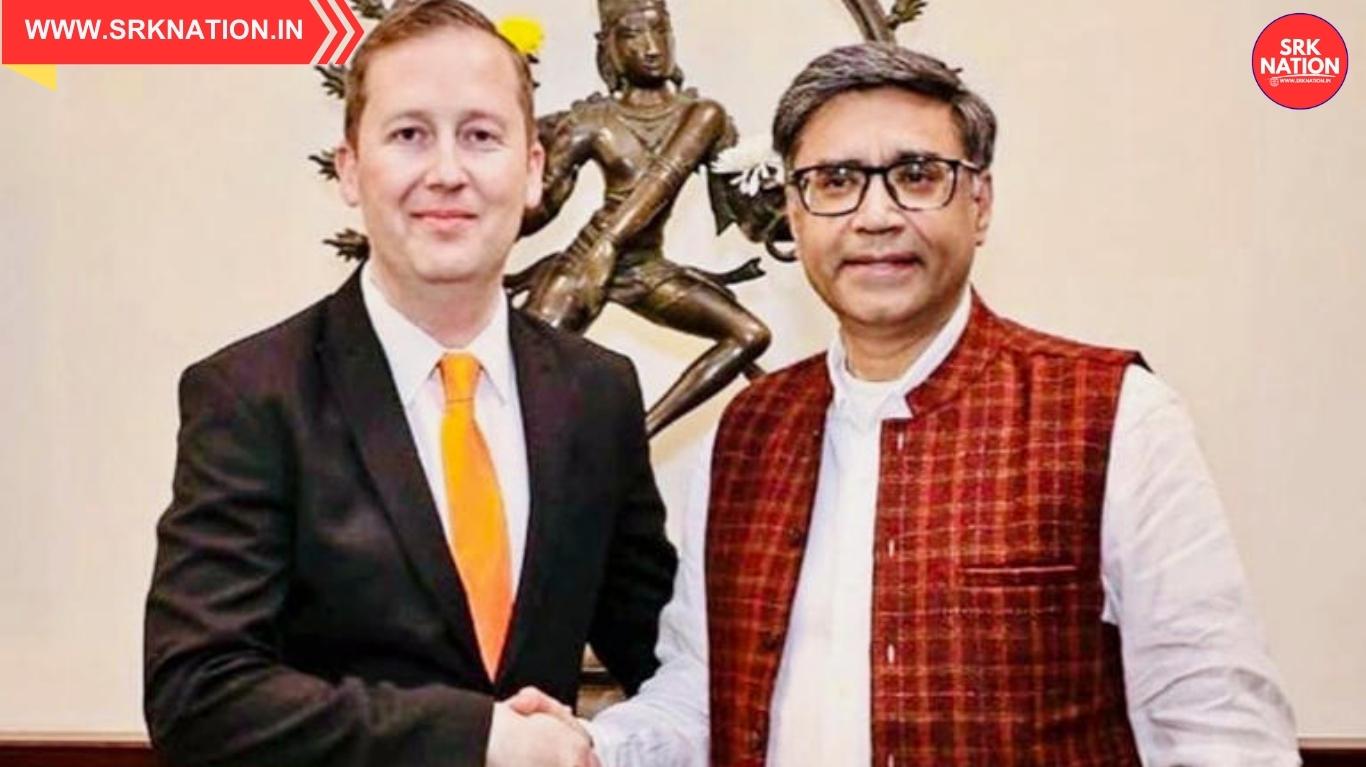A Delhi court has reserved its order on a plea seeking criminal action against Congress leader Sonia Gandhi over allegations that her name was fraudulently included in the electoral rolls of the New Delhi constituency in 1980—three years before she officially acquired Indian citizenship. The case, which has reignited political and legal debates, was heard by Additional Chief Judicial Magistrate Vaibhav Chaurasia, who stated, “I am reserving the order,” with a verdict expected on September 11, 2025.
The petition, filed by complainant Vikas Tripathi under Section 175(4) of the Bharatiya Nagarik Suraksha Sanhita (BNSS), seeks directions to the police to investigate the alleged forgery and cheating of public authority. Senior advocate Pavan Narang, representing Tripathi, argued that Gandhi’s inclusion in the voter list in 1980 violated the legal threshold of citizenship required for electoral registration.
Allegations and Timeline of Events
The core of the complaint revolves around the timeline of Sonia Gandhi’s citizenship and her appearance on the electoral rolls:
| Year | Event Description |
|---|---|
| 1980 | Sonia Gandhi’s name allegedly added to New Delhi electoral roll |
| 1982 | Name deleted by Election Commission, alongside Sanjay Gandhi’s posthumous removal |
| 1983 | Sonia Gandhi officially acquires Indian citizenship; name re-entered in voter list |
Tripathi’s counsel contended that Gandhi was not an Indian citizen in 1980 and therefore ineligible to be listed as a voter. He further argued that the deletion of her name in 1982 by the Election Commission indicated that authorities had found discrepancies or irregularities in the documentation.
Legal Arguments Presented
During the hearing, advocate Narang emphasized that the threshold for voter eligibility begins with citizenship. “First, you have to satisfy you are a citizen of India… that is the first threshold. After being a citizen, another threshold is that whether once I want to become a voter, a proof of residence is required,” he said.
He added that in 1980, acceptable proof of residence would have been a ration card or passport, as PAN and Aadhaar were not in use. Narang questioned why Gandhi’s name was deleted in 1982 if she was indeed a citizen, suggesting that the Election Commission may have discovered forged documents or procedural violations.
| Legal Requirement | Status in 1980 (as per plea) | Implication |
|---|---|---|
| Indian Citizenship | Not acquired until 1983 | Ineligible for voter registration |
| Proof of Residence | Possibly ration card/passport | Questionable basis for inclusion |
| Electoral Roll Entry | Added in 1980, deleted in 1982 | Indicates possible irregularity |
Plea Under BNSS and Demand for FIR
The plea was filed under Section 175(4) of BNSS, which empowers magistrates to order investigations. Tripathi’s counsel requested the court to direct the police to register an FIR under relevant sections of the Indian Penal Code and BNSS, citing forgery and cheating of public authority.
“My limited request is to either direct the police to register an FIR under the appropriate sections. Whether they are made out or not is the domain of the police,” Narang stated.
Political Sensitivity and Public Reaction
The case has stirred political sensitivities, given Sonia Gandhi’s stature as a senior Congress leader and former party president. While no official response has been issued from Gandhi’s legal team, the absence of representation during the hearing has drawn attention.
Political analysts suggest that the case could have implications for public perception, especially in the context of electoral integrity and historical scrutiny of political figures.
| Stakeholder | Position/Response |
|---|---|
| Complainant (Tripathi) | Demands FIR, alleges forgery and cheating |
| Sonia Gandhi’s Counsel | No appearance during hearing |
| Election Commission | Yet to issue formal clarification |
| Congress Party | No official statement as of hearing date |
Historical Context and Citizenship Debate
Sonia Gandhi, born in Italy, became an Indian citizen in 1983. Her entry into Indian politics and subsequent rise to leadership in the Congress party has often been accompanied by scrutiny over her foreign origins. This case revives debates around citizenship documentation, electoral eligibility, and procedural transparency.
| Citizenship Milestone | Year | Relevance to Case |
|---|---|---|
| Birth in Italy | 1946 | Establishes foreign origin |
| Marriage to Rajiv Gandhi | 1968 | Basis for residency in India |
| Indian Citizenship | 1983 | Legal threshold for voter eligibility |
Legal Precedents and Electoral Roll Integrity
The case also raises broader questions about the integrity of electoral rolls and the mechanisms used to verify voter eligibility. Legal experts note that while errors in voter registration are not uncommon, deliberate forgery—if proven—could lead to serious criminal charges.
| Issue | Legal Implication |
|---|---|
| Forged Documents | IPC Sections 465, 468, 471 may apply |
| Cheating of Public Authority | IPC Section 420 |
| Electoral Roll Manipulation | Violation of Representation of People Act |
What Happens Next
With the court reserving its order, the next steps will depend on the magistrate’s decision. If the plea is accepted, the police may be directed to initiate a formal investigation, which could involve scrutiny of historical documents, voter lists, and citizenship records.
The outcome could also set a precedent for how electoral roll discrepancies are handled, especially in cases involving high-profile individuals.
Conclusion
The Delhi court’s decision to reserve its order on the plea alleging forgery in the inclusion of Sonia Gandhi’s name in the electoral roll has opened a new chapter in the intersection of law, politics, and public accountability. As the nation awaits the verdict, the case underscores the importance of procedural integrity and the enduring relevance of citizenship in democratic participation.
Whether the court orders an investigation or dismisses the plea, the matter is likely to remain a focal point in legal and political discourse in the weeks ahead.
Disclaimer: This article is based on publicly available court proceedings and legal submissions. All allegations mentioned are subject to judicial review. Individuals named are presumed innocent until proven guilty in a court of law.

